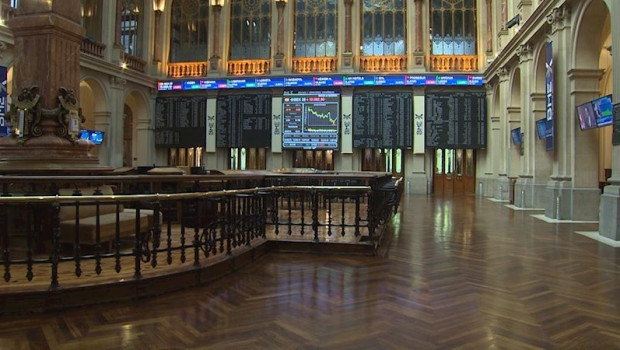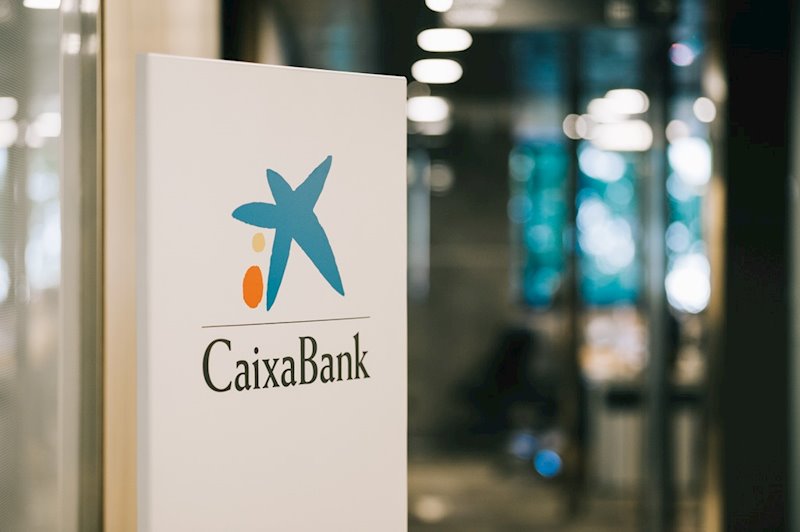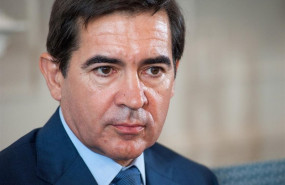The Ibex closes January with a 2.8% drop with Sabadell as the protagonist of the day
Sabadell has yielded 13.94% this Friday after presenting results that have not been received well

The Ibex fell 1.16% this Friday to 9,367 points. Santander has closed with a 3.07% drop and that contributes to a penalization of the selective. Although the one that has really weighed the Ibex down has been Sabadell. It has closed with a crash of 13.94% after presenting some results that did not impress investors, with a "loose" guideline for 2020. On the positive side, CaixaBank stood out after its results, but finally it has deflated and closed with slight increases of 0.15%. However, the Ibex has fallen 2.8% in the accumulated this January.
IBEX 35
11.798,100
-
-0,12%-13,80
- Max: 11.871,70
- Min: 11.709,40
- Volume: -
- MM 200 : 11.330,24
Cases of death and contagion by the Wuhan virus are on the rise and this health crisis continues to be, without a doubt, the main current concern of investors. However, here in Spain today we look at microeconomics, with the results of BBVA and CaixaBank on the table. The attributed profit of BBVA was 3.5bn euros in 2019, 35% less than in the previous year due to the goodwill of the sale of BBVA Chile in 2018 and the adjustment for goodwill in the US in the fourth quarter of the fiscal year (1.3bn). Excluding the extraordinary, the result attributed to BBVA in 2019 was 4.5bn, with an increase of 2.7%, which constitutes the highest attributed profit without extraordinary extraordinary since 2009.
As for the Catalan entity, it earns 14.1% less in 2019, up to 1.7bn, due to the costs of the ERE. Excluding this effect, the result increases by 20.4% over the previous year. The FactSet consensus expected a profit of 1.6bn.
Also in the Spanish market, today we have been very aware of Coemac. Yesterday afternoon he declared the bankruptcy and this morning the CNMV has suspended its quotation. It is striking that this is one of the companies in the Spanish market that has risen the most in the year (+ 20%).
Also today is Brexit day, the day on which the United Kingdom will finally leave the European Union (EU). This opens a transition period that will last eleven months and in which both parties must reach a trade agreement. The time schedule is considered insufficient, but the consensus is that there will finally be a pact. In any case, the ghost of a Brexit without agreement is still hanging around.
Finally, in terms of the macro data of the day, the Euro Zone economy grew by 1% in the fourth quarter of 2019. For its part, inflation in the Eurozone increased to 1.4% in January. Spain has also published these references. The Spanish economy grew by 2% in 2019, its slowest pace since 2014. As for the CPI, it has risen three tenths in January for electricity and food and starts the year at 1.1%.



